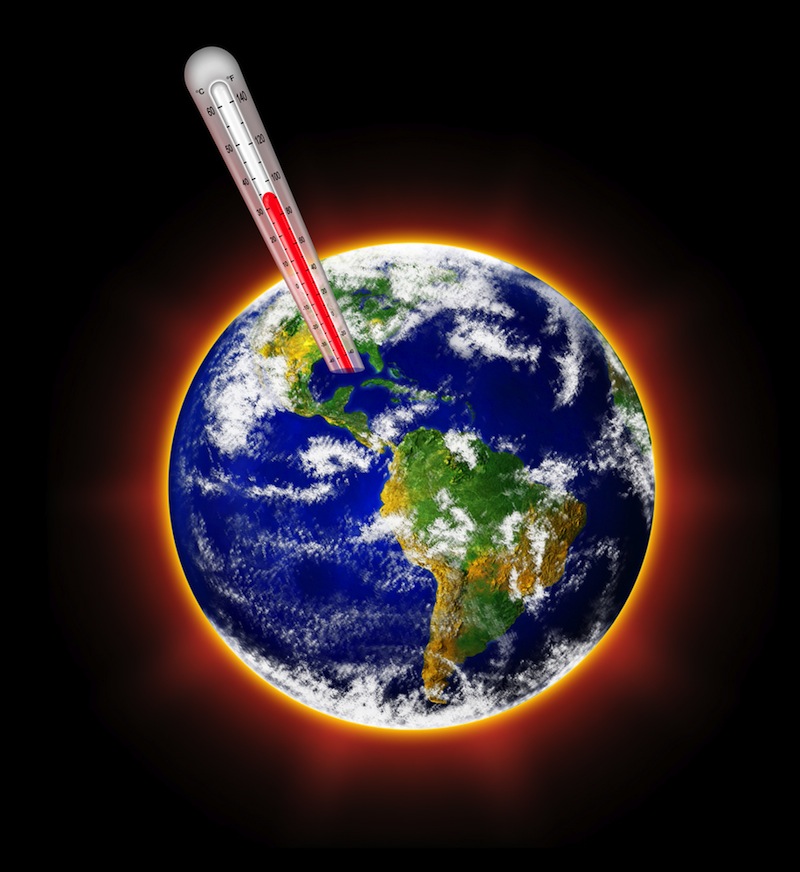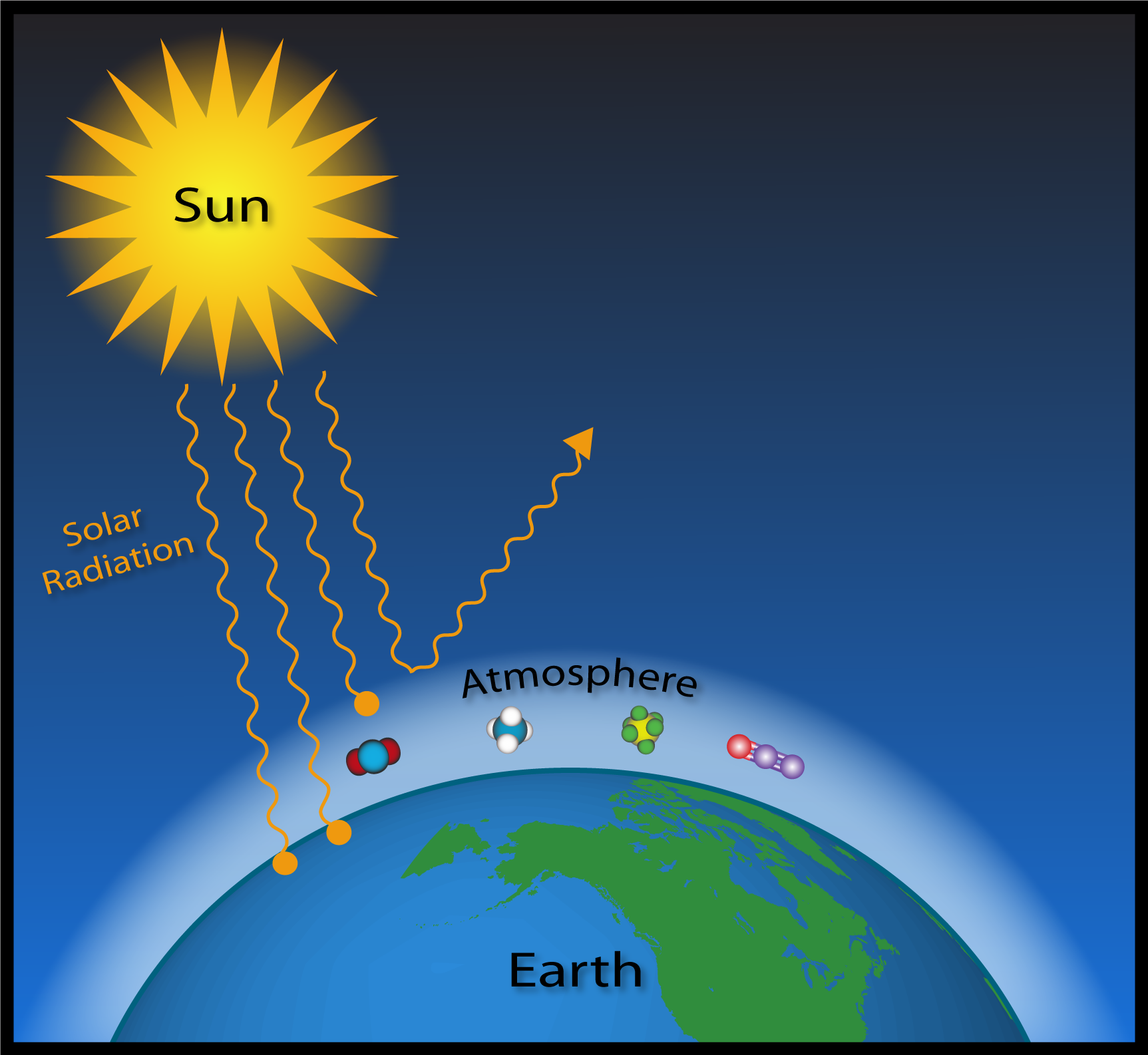LANGUE ET COMMUNICATION 2 (T)
Section outline
-
University: Djilali Bounaama Khemis Miliana
Faculty: SM
Level: M1 PHARMACEUTICAL CHEMISTRY
Module: ENGLISH AND COMMUNICATION
Semester: 06
Lecturer: Dr. Fizir Meriem.
specialty: Pharmaceutical Analysis
Diploma: Doctor in pharmaceutical analysis
Grade: MCA
Contact: You can contact me on meriem.fizir@univ-dbkm.dz from 6 a.m.
Assessment method: The final evaluation is carried out through a final exam.
To pass the module, the general average must be greater than or equal to 10 out of 20
-

Scientific English has five units.
Unit 1 is the Earth getting warmer?
Unit 2 is on the greenhouse effect.
Unit 3 the impacts of climate change on our world.
Unit 4 discovering cleaner energy sources to power the world.
Unit 5 what might the future hold?
-

By the end of this unit, you will:
-
Preview texts, and using comparative adjectives.
-
Defin and understand climate change.
-
Use the present progressive, and cause and effect.
-
Understand how the greenhouse effect works.
-
Read for details, and use strong adjectives to describe things.
-
Identify the impacts and effects of climate change.
-
-

Overview of the Unit 1
For the last several years, scientists have been asking the question “Is the Earth getting warmer?” In this unit, you will investigate this question by observing a global warming experiment. After looking at the data from the experiment, you will make an educated guess about why the world is getting warmer and develop a definition for the term climate change. In addition, you will learn how to preview texts and practice some of the language used to make comparisons when talking about global warming and climate change.
Learning Objectives
By the end of this unit, you will:
- · Observe an experiment
- · Analyze the data of an experiment to draw conclusions
- · Preview texts
- · Use comparative adjectives in writing
- · Develop a definition for the term climate change
- · Define and accurately use content-related vocabulary in course activities and games
- · Read, watch, and listen to a variety of texts and multimedia sources
-
Opened: Wednesday, 21 February 2024, 12:00 AM
-

Overview of the Unit 2
Welcome to Unit 2 of the Scientific English! In Unit 1 you investigated why the Earth is getting warmer, and also learned about the topic of climate change. In this unit, you will examine the chemistry of climate change. Through readings and videos, you will explore how different chemicals and gases affect the environment, with a focus on the greenhouse effect. You will also learn how to use the present progressive and the language of cause and effect to explain climate change and its causes.
· Learning Objectives
By the end of this week, you will:
- Become familiar with the greenhouse effect
-
· Be able to identify several causes of climate change
-
· Use the present progressive
-
· Understand the language of cause and effect
-
· Read, watch, and listen to a variety of texts and multimedia sources.
-

1.Voice of America. (2019, Dec. 3). UN Report: Last 10 Years Likely the Hottest Decade on Record | Learning English. Retrieved from: https://learningenglish.voanews.com/a/un-report-latest-10-years-likely-the-hottest-decade-on-record/5191180.html
2.NASA. (2017, January 19). Climate Change: How do we know? (Ed. Newsela Staff). Retrieved from http://climate.nasa.gov/evidence/
3.NASA. (2017, January 19). A Blanket Around the Earth. (Ed. Newsela staff). Retrieved from http://climate.nasa.gov/causes/

